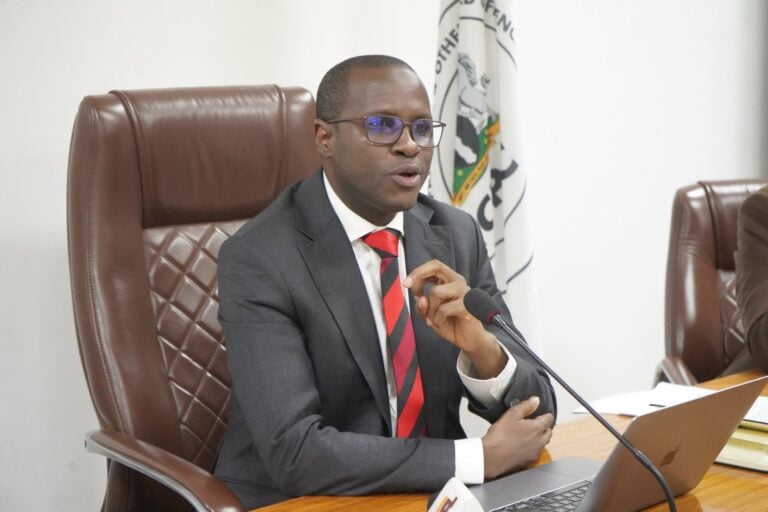The Chairman of the Independent Corrupt Practices and Other Related Offences Commission (ICPC), Dr. Musa Aliyu (SAN), has said that corruption in Nigeria extends beyond the theft of public funds, describing it as “any deviation from the rule or due process.”
Aliyu made the remark on Thursday in Abuja while delivering a paper titled “Understanding Anti-Corruption Laws and Their Implications for Local Government Officials” at the 2025 National Summit of the Association of Chairmen of Local Government Service Commissions in Nigeria.
The summit, themed “Strengthening Local Government Administration in Nigeria,” brought together local government leaders, policymakers, and anti-corruption experts to explore reforms aimed at deepening accountability and transparency in grassroots governance.
Represented by his Special Assistant on Legal Matters, Zainab Nass, the ICPC boss emphasized that corruption affects every sector of society — from schools and marketplaces to private institutions — and not just government offices.
“Corruption is not just about stealing money; it is anything that deviates from the rule. It is corruption not to follow due process,” Aliyu said.
He urged Nigerians to promote integrity, transparency, and adherence to the rule of law in all their dealings, stressing that genuine national development depends on the collective commitment of both leaders and citizens to ethical conduct.
Reflecting on Nigeria’s anti-corruption history, Aliyu cited past campaigns such as the Ethical Revolution, the War Against Indiscipline and Corruption, and MAMSER, noting that many failed due to weak institutional support and lack of legal continuity.
He said the creation of the ICPC in 2000 marked a turning point in Nigeria’s anti-corruption efforts by providing a strong legal framework to investigate, prevent, and prosecute corruption cases.
Aliyu highlighted that the Commission’s operations are anchored on three key pillars — **enforcement, prevention, and public education** — with initiatives such as **Corruption Risk Assessments**, **Systems Studies and Reviews**, and Anti-Corruption and Transparency Units (ACTUs) in Ministries, Departments, and Agencies helping to strengthen integrity in public service.
He further pointed out that Nigeria remains compliant with global and regional anti-corruption commitments, including the United Nations Convention Against Corruption, Financial Action Task Force (FATF) Standards, and the African Union Convention on Preventing and Combating Corruption.
Addressing local government officials directly, the ICPC chairman reminded them of their legal responsibility to maintain ethical and transparent governance, warning that offences such as misappropriation of funds, record falsification, nepotism, and abuse of office carry serious legal consequences.
Citing the 2024 Supreme Court judgment in Attorney-General of the Federation v. Attorneys-General of Abia State & 35 Others, which declared the dissolution of elected local councils by state governors unconstitutional, Aliyu described the decision as “a new dawn for grassroots governance.”
“We are now in the era of asset recovery — taking back what was taken. Local governments must ensure that public funds serve the people, not private interests,” he declared.
Aliyu concluded by urging local government officials to demonstrate renewed commitment to integrity, accountability, and effective service delivery, saying that the success of national development efforts depends on how responsibly councils manage public resources to improve citizens’ lives.





